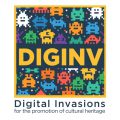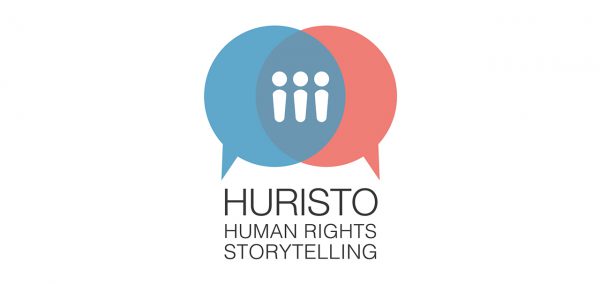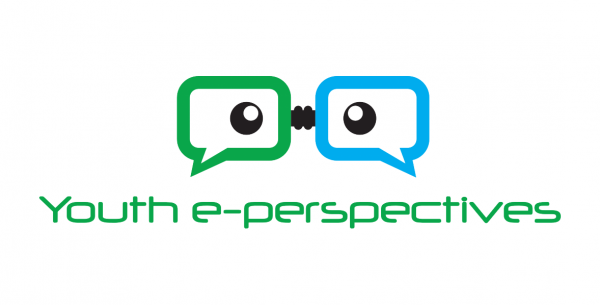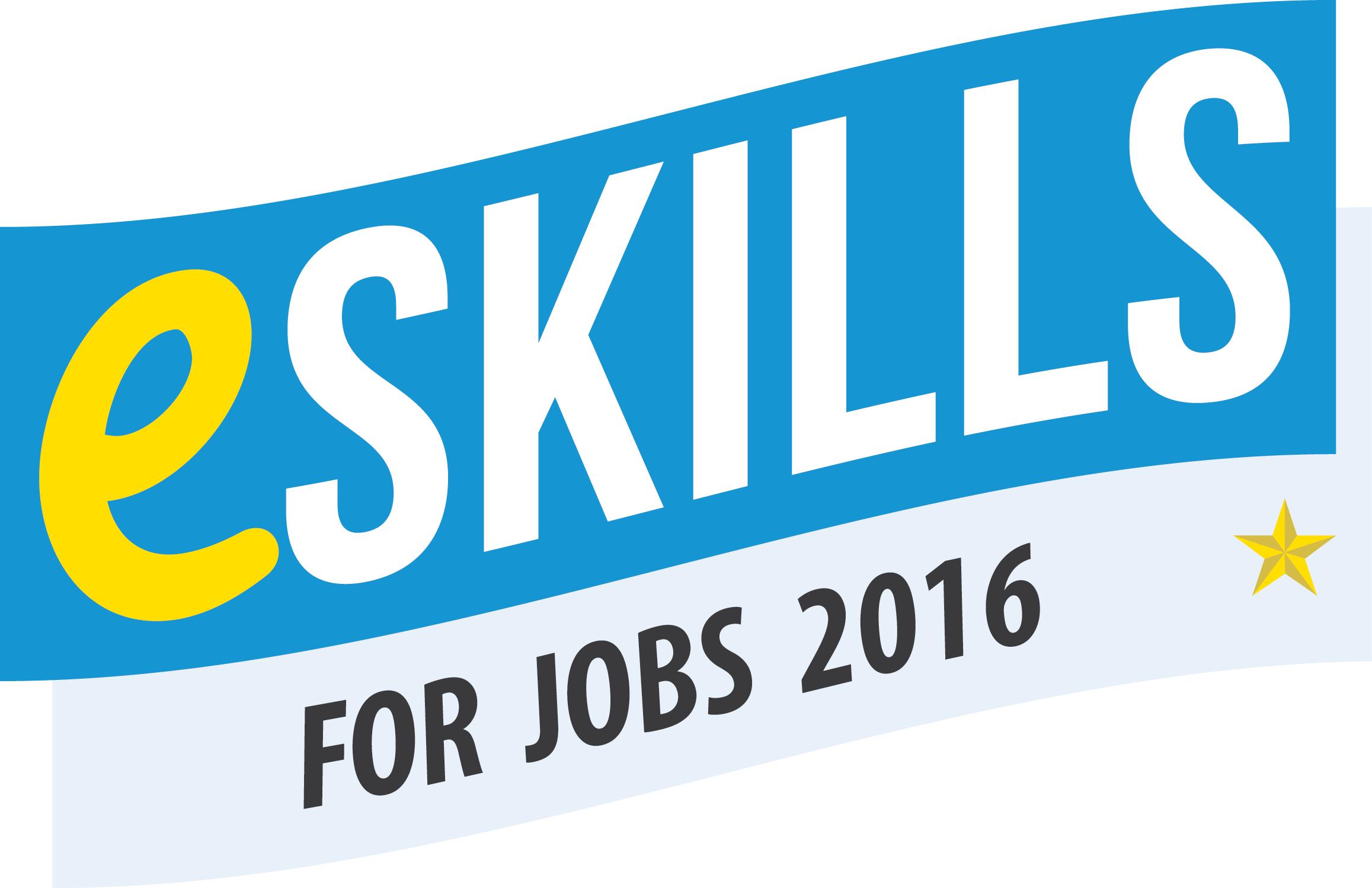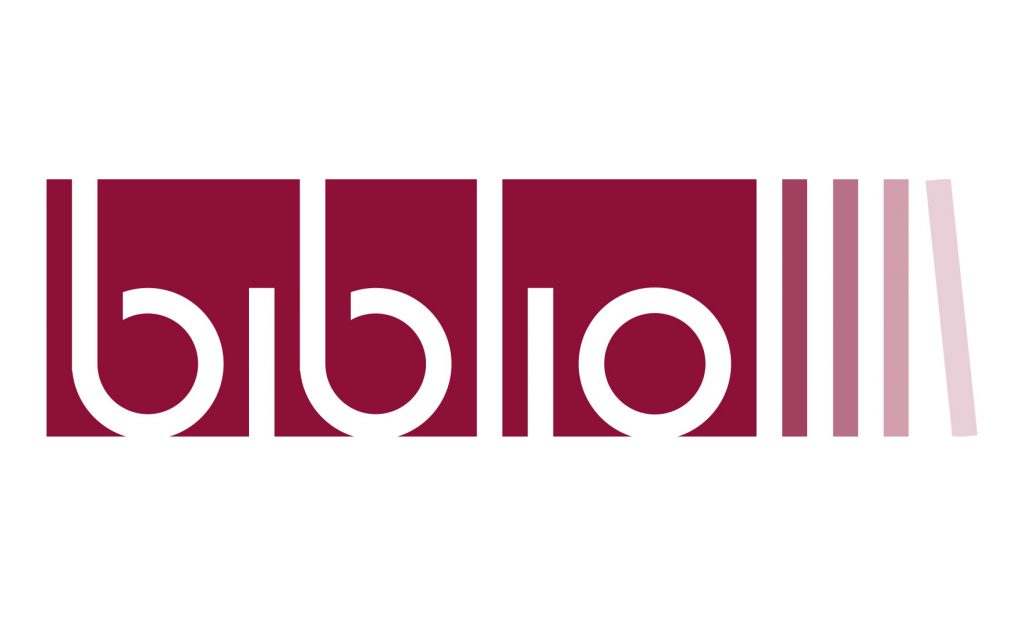
15 Nov BIBLIO – Boosting digital skills and competences for librarians in Europe
15 Nov, 2019
Facebook: @DigitalBiblio
Twitter: @digital_biblio
Follow the project news by using the hashtag #DigitalBiblio
The Biblio (Boosting digital skills and competences for librarians in Europe) Project is funded through Erasmus+ KA2: Cooperation for innovation and the exchange of good practices – Sector Skills Alliances.
The project addresses the skills gap in the library sector due to digital transformation that is changing the role of libraries and library professionals. The project targets library professionals and unemployed people in the library sector by enabling them to offer innovative services for users. It facilitates the acquisition of digital and transversal skills for library professionals by setting up a system for skills assessment, learning offer, validation, and recognition.
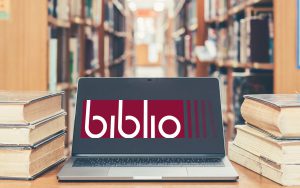
PROJECT OBJECTIVES
- To identify the existing and emerging skills needs for the library sector, mapping them to EQF and NQFs feeding these findings into the European Skills Panorama;
- To identify the Europe-wide emerging job profiles in the library sector of the 21st century;
- To support the development of highly skilled, qualified and mobile workforce in the sector, addressing the mismatch between formal education and labor market;
- To develop a European VET curriculum that can be adapted to national needs;
- To support the recognition of the new VET qualification at EU level, promoting quality assurance of VET curricula using EQAVET system;
- To promote work-based learning and intergenerational learning in VET.
WHAT HAS BEEN DONE?
The project started with analysing the training needs and offers in the library sector. On this basis, partners identified two emerging job role profiles – Community Engagement and Communication Officer and Digital Transformation Facilitator. For each profile, a modular VET curriculum addressing EQF Level Five was designed, applying a VET methodology based on learning outcomes and on the blended learning principles. The curricula is based on a set of digital OERs (Open Educational Resources) supporting the acquisition of 40+ digital and transversal competences.
Based on the identified training contents, the partners developed:
1) A MOOC addressed to European library professionals which ran during 8 weeks in October-November, releasing 3-4 modules per week and including a weekly webinar to complement the content of the OERs and online learning platform. The course was a great success and involved 1200+ registered users!
2) A Specialization Training course (240 hrs total; 25 trainees per country), including: face-to-face (20 hrs/5 days), online learning (160 hrs), project-based learning (40 hrs) and work-based learning (165 hrs) phases.
Specialisation course – full course description – DIGY English
Specialisation course – full course description – CECO English
The project is currently in the phase of running the Specialisation course and participants are started their work-based learning. The course is scheduled to end in December 2022.
-
- Training is delivered via an online platform that stimulates sharing and exchange of knowledge, experiences and best practices. The training has 38 modules:
- 18 modules for transversal competences (communication, entrepreneurship – mapped to EntreComp, leadership, etc.)
- 20 modules for digital skills mapped to DigComp related to application design and development, electronic resource management, data access, blockchains, text and data mining, ICT quality strategy developments, etc.
- Work-based learning is based on the principle of inter-generational learning.
- European instruments are applied: EQF – European qualifications framework, ECVET – European credit system for vocational education and training, and EQAVET – the European Quality Assurance in Vocational Education and Training.
- Training is delivered via an online platform that stimulates sharing and exchange of knowledge, experiences and best practices. The training has 38 modules:
The training programme is being tested in four piloting countries: Bulgaria, Greece, Italy, and Latvia.
RESULTS
- Reports on skills gap in the library sector and on job role profiles
- Methodology and Training Toolkit
- VET Curricula – CECO and DIGY
- Standards
- MOOC and Blended training course
- Online platform
- National sector skills alliances, including learners, libraries, VET organisations and other stakeholders
- Dissemination materials
- MOOC trailer
- Specialisation course promotion – CECO and DIGY
- Communities of practice
- Policy recommendations addressed to policy makers, VET providers, libraries and other key stakeholders which summarise the experience from implementing the project and provide policy recommendations for its adoption in different contexts. (expected March-April 2023).
PARTNERS
- University of Bari Aldo Moro (UNIBA), Italy – Coordinator
- The Central Institute for the Union Catalogue of Italian Libraries and Bibliographic Information (ICCU), Italy
- European Grants International Academy (EGInA), Italy
- Center for vocational training at University of Library Studies and Information Technologies (ULSIT), Bulgaria
- Global Libraries – Bulgaria Foundation (GLBF), Bulgaria
- SIA DMG – Data Media Group, Latvia
- Culture Information Systems Centre (KISC), Latvia
- Hellenic Open University (HOU), Greece
- ALL DIGITAL, Belgium
- Public Libraries 2030 (PL2030), Belgium



